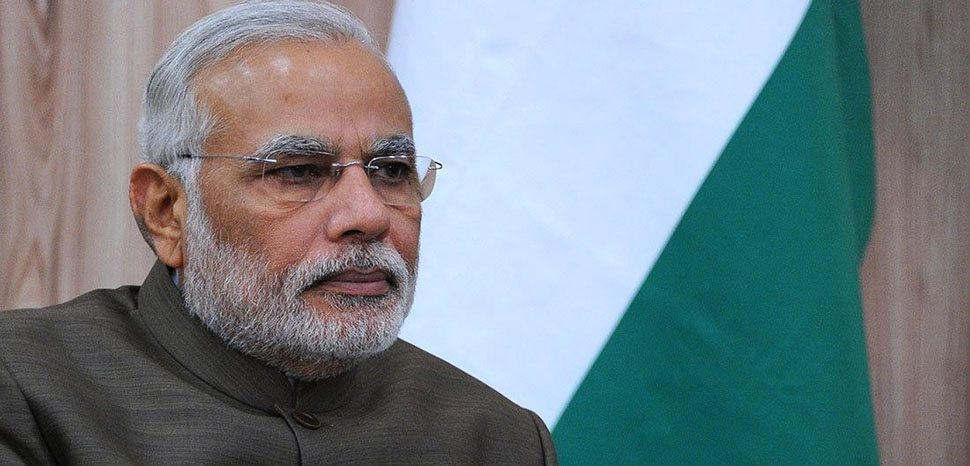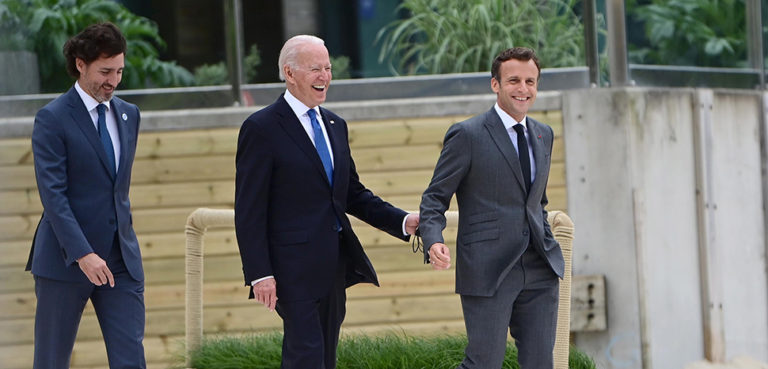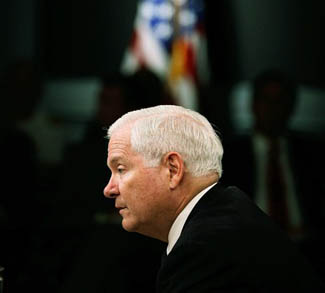Tensions in the Taiwan Strait have reached a fever pitch. US House Speaker Nancy Pelosi’s visit to Taiwan in early August sparked China’s anger, with the PLA engaging in a number of muscle-flexing drills in the South China Sea, the Yellow Sea, and the Bohain Hills. During that frenzied period, little was heard from India. The exception was from Indian External Affairs Spokesman Shri Arindam Bagchi, who urged “the exercise of restraint, avoidance of unilateral actions to change the status quo, de-escalation of tensions and efforts to maintain peace and stability in the region.” Further, India vaguely defended the status quo in the region, a mild victory for Beijing. However, with tensions rising and fellow Quad members Japan and the United States asserting their steadfast support for Taiwan, is it now time for India to deepen its ties with Taiwan?
India’s current relationship with Taipei is weak. There have been attempts to increase commercial and industrial engagement with associations like the India-Taipei Association (IPA) located in Taipei, and the Taipei Economic and Cultural Center (TECC) based in New Delhi, as well as promoting interpersonal relations. India’s relationship with Taiwan has been complicated, with the issue of Taiwan’s external sovereignty being a longstanding issue. This can be seen in regional fora, such as the Asia-Pacific Economic Cooperation (APEC), which refers to the island as Chinese Taipei, and the World Trade Organization’s use of the more complicated “Separate Customs Territories of Taiwan, Penghu, Kinmen, and Matsu.” However, with economic activity ripe with potential, evidenced by more than $5.7 billion in trade in 2020, an expansion of India-Taiwan ties might be due, despite the risks of aggravating already fragile relations with China.
There has always been the urge to expand economic ties. In 2021, India hinted at the idea, despite ongoing tensions with China in the Ladakh region. There was initial talk in 2018 of a potential free trade agreement, but it was quickly crushed as border tensions with China increased. In 2021, India’s representative to Taiwan signaled that diplomacy would begin anew with the expansion of trade and investments, with planned discussions about knowledge sharing in the field of ICT, higher education exchanges, and enhanced tourism.
An expanded India-Taiwan relationship could look similar to that of Southeast Asia, where Thailand has had some measured positive experiences, particularly in the areas of medical and technical assistance during the COVID-19 pandemic. The Philippines, whose southern islands are within 200 kilometers of Taiwan, have more than 200,000 workers based in Taiwan, which has forced Manila to adopt a more defensive posture. India need not aggravate hostilities with China, but by finding common ground in areas of mutual benefit, such as improving supply chains that facilitate increased trade. Taiwan’s New Southbound Policy is encouraging in this regard, as Taiwanese President Tsai recently noted, that the goals and ideals coincide with those of the Association of Southeast Asian Nations (ASEAN) Outlook on the Indo-Pacific and India’s Act East Policy.”
In the context of the broader Indo-Pacific, there is potential in Taiwan’s New Southbound Policy (NSP) and India’s Act East Policy. As Sana Hashmi noted in an analysis for The French Institute of International Relations (IFRI), there are synergies between the two policies, as both are based on an open, rules-based Indo-Pacific order. As Hashmi well argues, there needs to be a policy framework to make a stronger partnership possible. Such as, while India is a focus of the NSP, India has not included Taiwan into its Act East Policy, the accomplishment of which, as Hashmi notes, would boost India’s standing in the Indo-Pacific and bring it more in line with its Quad partners.
Even with mutual economic growth being the primary motivator for an improved bilateral relationship, there are risks. For example, many countries are very dependent upon Taiwan’s dominance in the semiconductor industry. China has begun weaponizing its supply chains, as seen during the COVID-19 pandemic. A disruption in the status quo in the Taiwan Strait would cripple large segments of the global economy, especially the automotive sector. There was talk in April by Indian Prime Minister Narendra Modi of recruiting American chip giant Intel as well as Taiwan Semiconductor Manufacturing to set up plants in India, with a $10 billion incentive package which would cover half the cost.
To the extremes, India’s hawks have suggested that New Delhi reconsider its status quo-hugging policy that defers to China on Taiwan. The idea being that this could provide some leverage over China in its border dispute and a policy reversal would be more in line with Western allies in the region, all of which fear the economic and human cost of a Chinese invasion of Taiwan or a naval blockade of the Taiwan Strait, where more than half the world’s containers pass through the space between mainland China and Taiwan. That alone should be enough for India to proceed both cautiously and slowly.
Mark S. Cogan is an Associate Professor of Peace and Conflict Studies at Kansai Gaidai University based in Osaka, Japan and a former communications specialist with the United Nations.
Upamanyu Basu is an Assistant Professor of Political Science at Manav Rachna International Institute of Research and Studies based in New Delhi and a PhD Scholar at the National University of Juridical Sciences.




